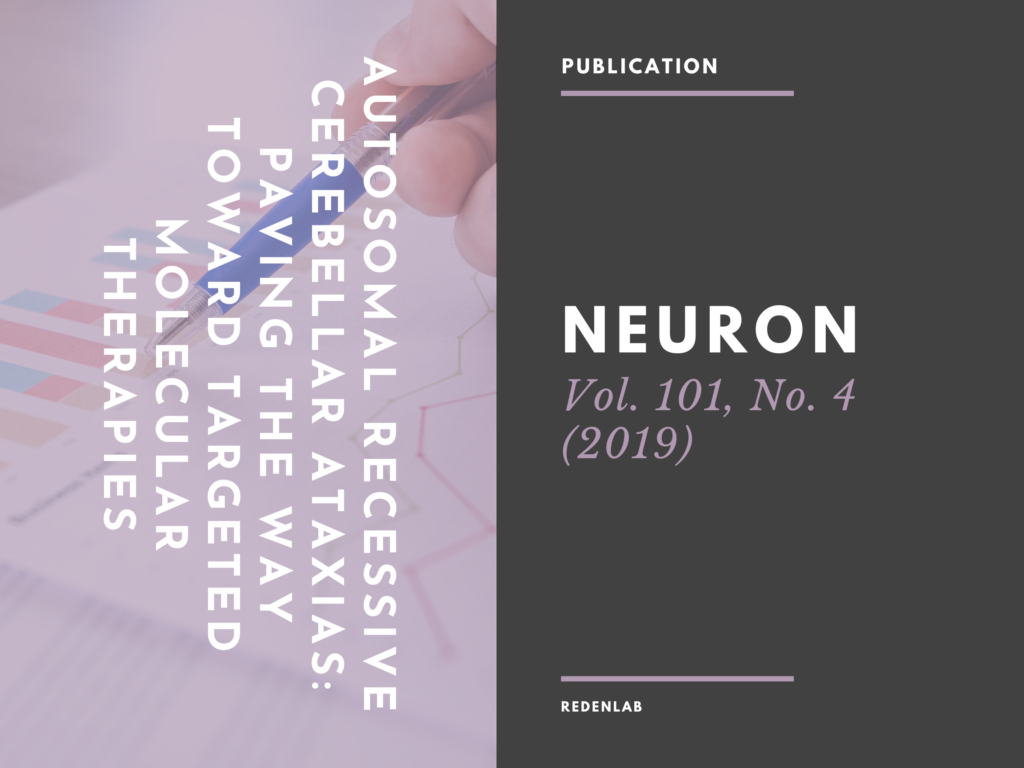Autosomal-recessive cerebellar ataxias (ARCAs) comprise a heterogeneous group of rare degenerative and metabolic genetic diseases that share the hallmark of progressive damage of the cerebellum and its associated tracts. This Review focuses on recent translational research in ARCAs and illustrates the steps from genetic characterization to preclinical and clinical trials. The emerging common pathways underlying ARCAs include three main clusters: mitochondrial dysfunction, impaired DNA repair, and complex lipid homeostasis. Novel ARCA treatments might target common hubs in pathogenesis by modulation of gene expression, stem cell transplantation, viral gene transfer, or interventions in faulty pathways. All these translational steps are addressed in current ARCA research, leading to the expectation that novel treatments for ARCAs will be reached in the next decade.
Click here for more details.

